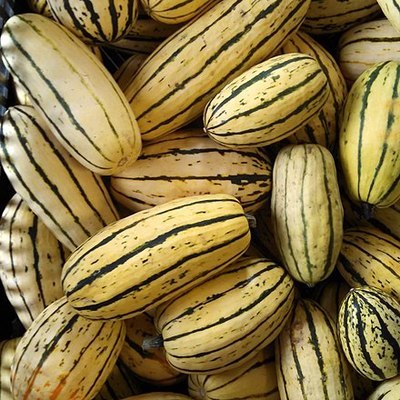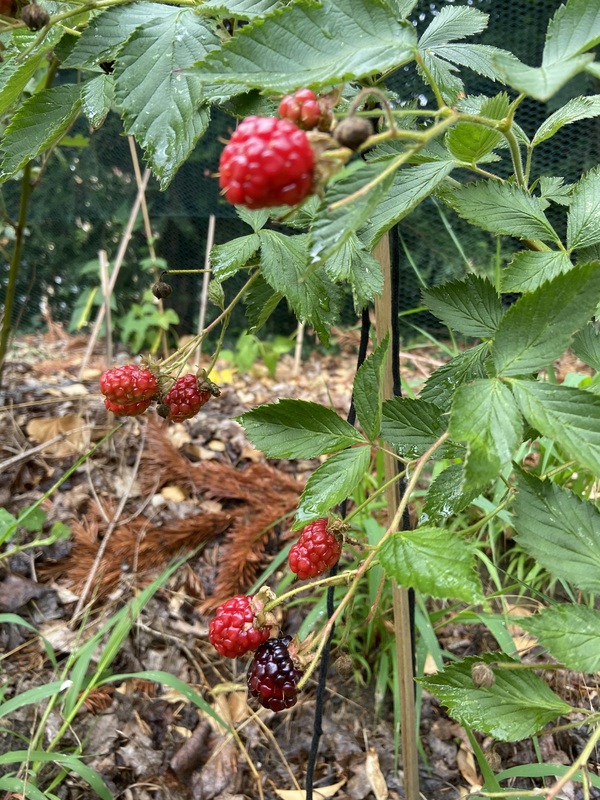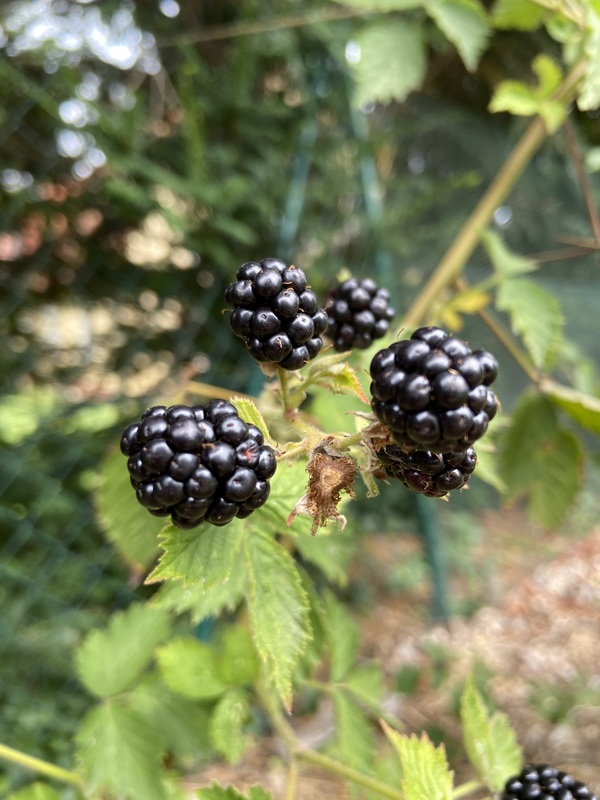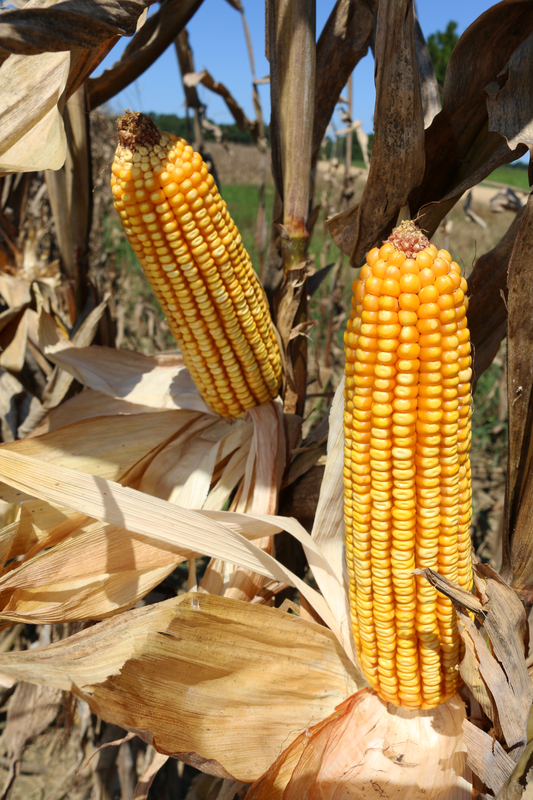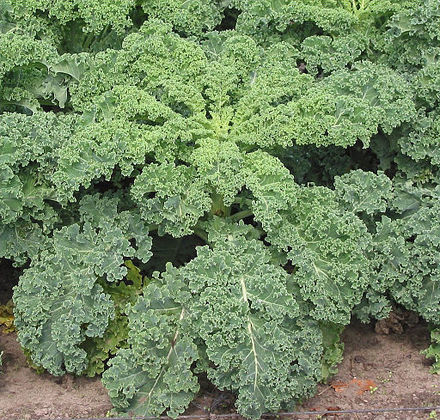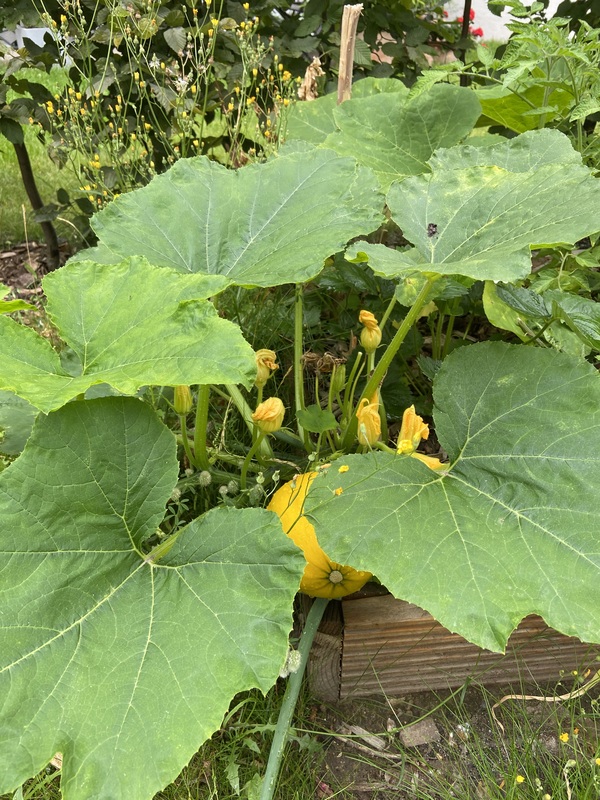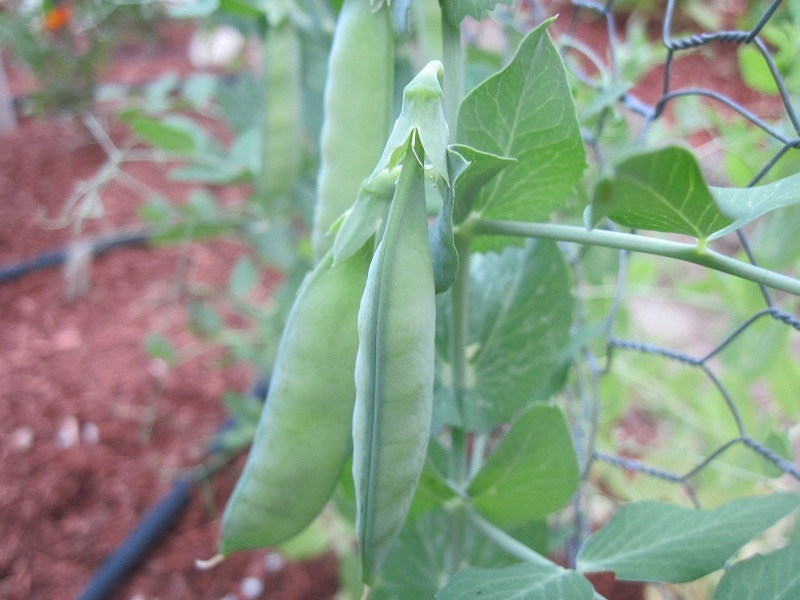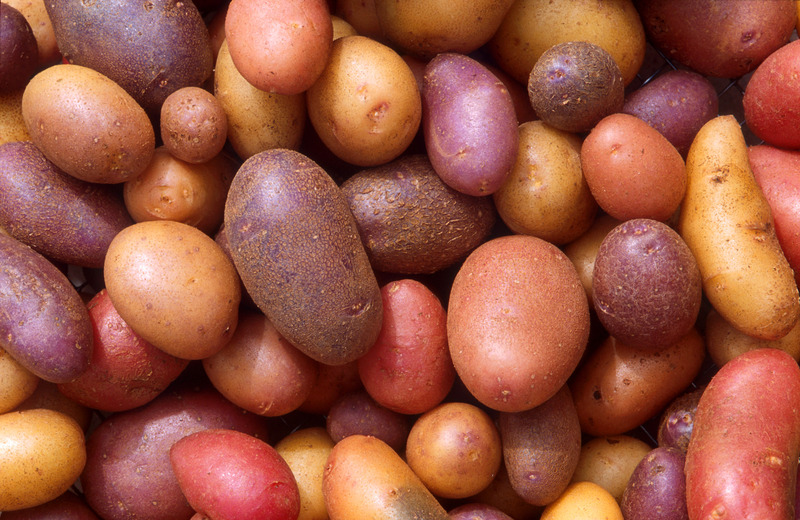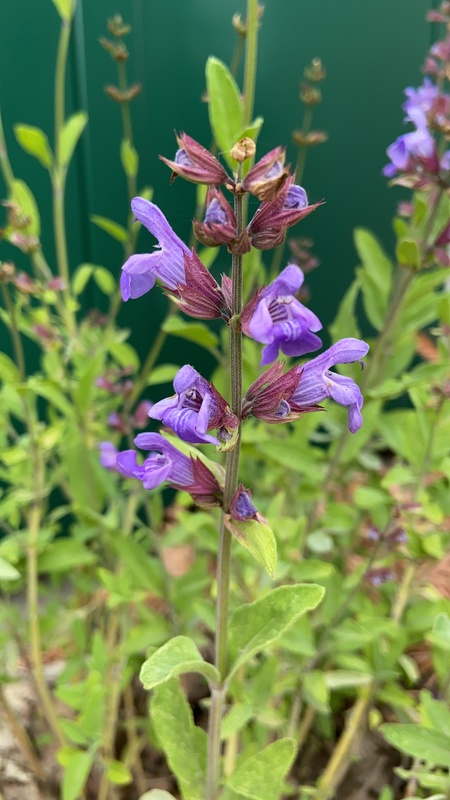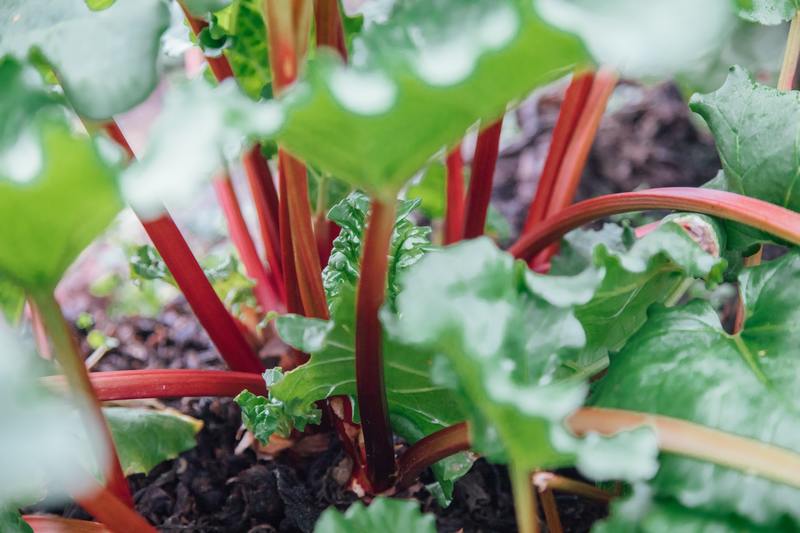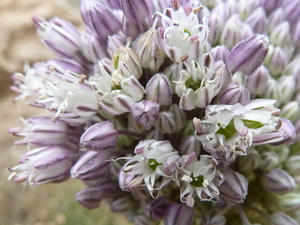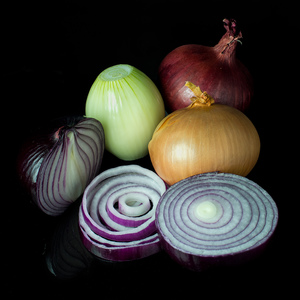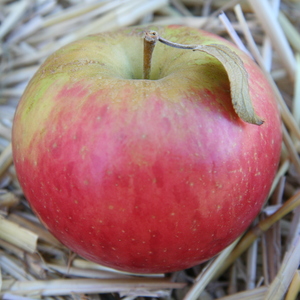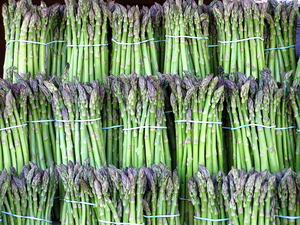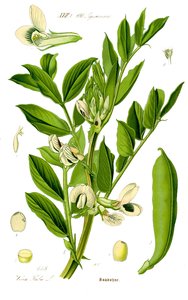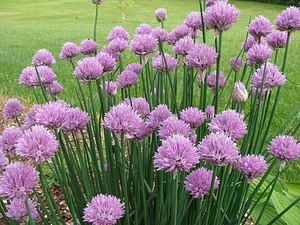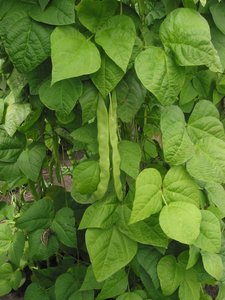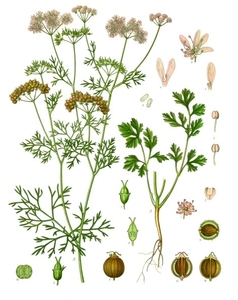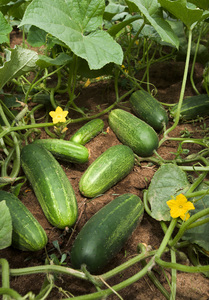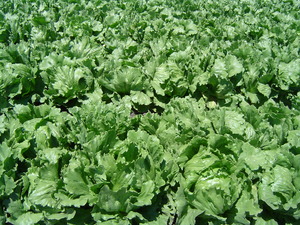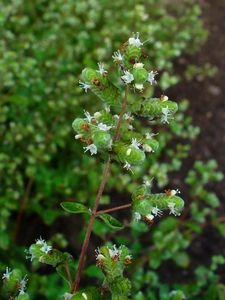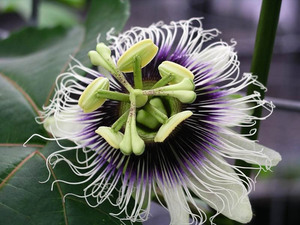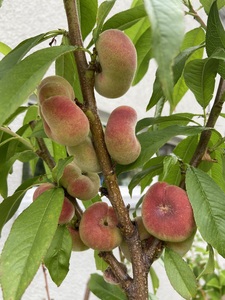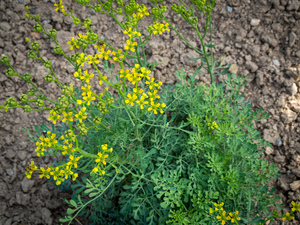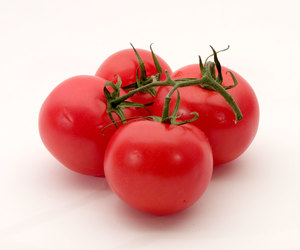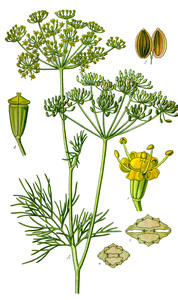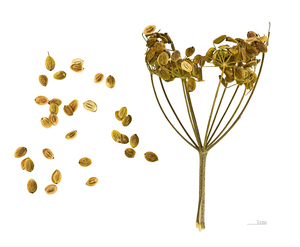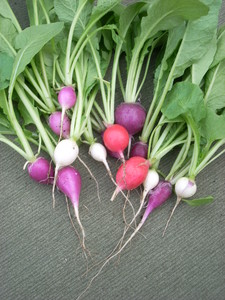Description
Carrot (Daucus carota sativus) is a type of root vegetable that is native to Europe and Asia. It belongs to the family Apiaceae, which includes around 300 species of plants.
Carrots are a popular crop, known for their sweet, crunchy roots and vibrant orange color. The plant has a tall, slender growth habit and can reach a height of up to 2-3 feet. The leaves are green and feathery, and the flowers are small and white or purple in color.
To grow carrots successfully, it is important to choose a location with well-drained, sandy soil and full sun. The plant prefers cool temperatures and should be protected from frost. Carrots can also be grown in containers, and will benefit from regular watering and fertilization. The plant is relatively easy to grow and requires little maintenance, but can be susceptible to pests and diseases, such as carrot fly and root rot.
Carrots are a valuable source of vitamins and minerals, and are used in a variety of dishes, including soups, stews, and salads. The roots can be eaten fresh or cooked, and can be stored in the refrigerator for several weeks. In addition to their culinary uses, carrots have a number of medicinal properties, and have been used to treat a variety of ailments, including indigestion, constipation, and respiratory disorders.
Carrots are also a valuable food source for many types of wildlife, including birds, insects, and small mammals. The flowers attract bees and other pollinators, and the roots are eaten by animals such as rabbits and deer.



